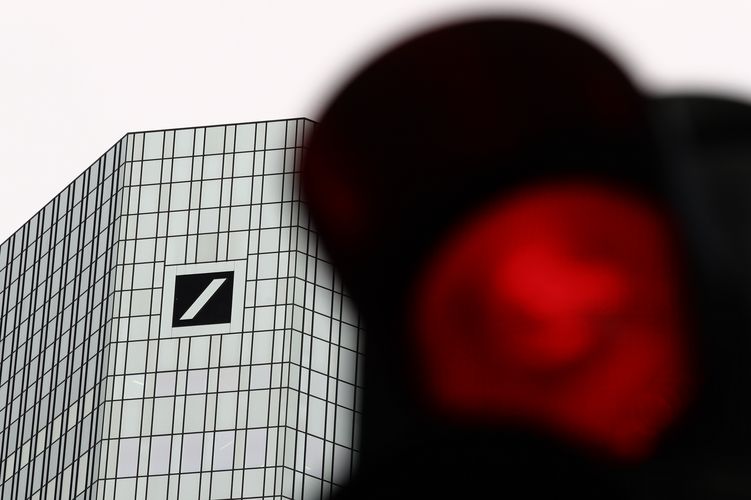Deutsche Bank’s attempt to place half of the entire share capital of Instone Real Estate in a matter of hours last Monday was the most audacious trade seen in European ECM for years. It was not entirely surprising then that it flopped with less than two-thirds of the shares sold, leaving the German bank as Instone’s largest shareholder.
Deutsche’s stake was disclosed at 21.95%, with the minor caveat that this includes Deutsche’s asset management arm DWS’s ownership (DWS’s stake - if any - was previously below the 3% disclosure threshold).
Deutsche led the IPO of Instone in February and backer ActivumSG wanted to sell out in one more step if possible rather than multiple block trades.
Investors had contacted the bank in advance expressing interest in Instone and frustration that the limited trading volume meant they couldn’t build a stake. Also Deutsche’s analyst has a price target double current trading levels. So Deutsche was relaxed about backstopping the trade and launching without a wall-crossing exercise, even if the trade represented an extraordinary six and a half years of volume.
The sale of 18.3m shares launched after the close on Monday and priced at €21.34 later in the evening for a deal size of €390.5m. Pricing was a 5.5% discount and there were fundamental buyers at that level, as shown by the shares holding above the placing price through the rest of the week.
Instone evoked memories of when Deutsche did something similar with a sale of Grammer stock in its home market in 2005. Also a hard underwritten sale equivalent to thousands of days’ trading to achieve a 100% free-float, Grammer differed as it was accompanied by a week of roadshows and a planned two-day bookbuild.
In the years since, accelerated bookbuilds that once ran overnight or even over a couple of days have compressed to three or four hours in an evening - for no good reason – and Deutsche found several of those investors that had previously expressed interest in buying weren’t ready to commit chunky orders in time.
“We had quite a lot of reverse enquiry, then some investors said ‘I don’t have time to look at it now’,” said a banker involved. “We said ‘well, come to us when you do’.”
IT WORKED LAST TIME
It is hardly the first time Deutsche has been left holding stock following an ABB. In recent years it got stuck with shares in French laundry outfit Elis, Madame Tussauds owner Merlin Entertainments and UAE-based Al Noor Hospitals, among others. Where ECM teams typically cut their losses and dispose of stock quickly, Deutsche has tended to take a different approach of gradually completing chunky sales off-market.
While other ECM houses criticise the approach and accuse the bank of a cavalier approach to risk trades, Deutsche has enjoyed some of its biggest P&L events from such bold commitments. In 2014 Deutsche Bank bought 27% of property company Gagfah flat to the market close and sold it on at a €20m profit – its biggest fee event of the year – and the stock from Merlin in 2015 was even more profitable.
Crucially Deutsche maintains the warehousing of stock is only done when it has a strong view on the stock and it will cut and run in other cases, such as Altice and TeliaSonera where the bank took a financial hit.
